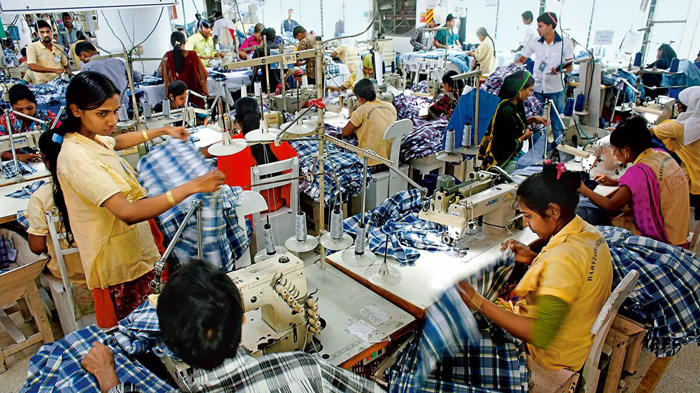Nestled in the tranquil environs of Thulhiriya, Sri Lanka, MAS Fabric Park (MFP) stands out as a revolutionary force in the apparel industry, pioneering sustainable practices that redefine the global benchmark.
Embracing a vision of positive change, MFP's unwavering commitment to sustainability is evident throughout its operations, from water management and waste reduction to energy generation and biodiversity restoration.
Comprehensive Water Management
MFP's centralized water management system, operating at a capacity of 9000 cubic meters per day, eliminates the need for redundant in-house treatment plants, optimizing resources and curbing environmental impact. Strict adherence to global-level ZDHC standards ensures fully treated discharges, safeguarding aquatic ecosystems.
Waste Reduction
MFP has pioneered sustainable management of textile sludge, a globally concerning area related to the industry. Through solar and thermal drying-based reductions, dried sludge co-processing for energy recovery, and eco-brick production, MFP has significantly reduced its waste footprint and achieved circularity.
Even the ultimate byproduct of textile wastewater treatment sludge finds purpose in products like the Eco Brick, used in constructing the chalets at MAS Athena and also across other construction needs of the entity, whilst biological waste is being diverted for composting for nurturing plants, aligning seamlessly with the concept of waste-to-energy and waste-to-value.
Solar Revolution
MFP's 24 MW solar capacity is a groundbreaking achievement, decreasing its carbon footprint by 20 tons annually. This milestone solidifies its status as the largest multi-site rooftop solar project in Sri Lanka under a single business entity.
Analog Forest and Biodiversity Restoration
MFP's 9.7-acre "Thuruwadula" analog forest serves multiple roles as a sanctuary for preserving biodiversity, a model for adapting to climate change, and a valuable educational resource. Endangered endemic plant species, Ayurvedic and medicinal plants, and numerous animal species have found a home in Thuruwadula.
Long-Term Commitment and Future Prospects
MFP's commitment to sustainability is unwavering, with ambitious goals to reduce Greenhouse Gas Emissions by 25% by 2025. The Park plans to expand its solar capacity and continue its role as a leader in sustainable practices, setting new benchmarks for a brighter future.
MAS Fabric Park: A Beacon of Hope
In an industry often criticized for its environmental impact, MAS Fabric Park is a beacon of hope. It is a testament to the fact that businesses can be forces for good, harmonizing with the environment to create a more sustainable future.












